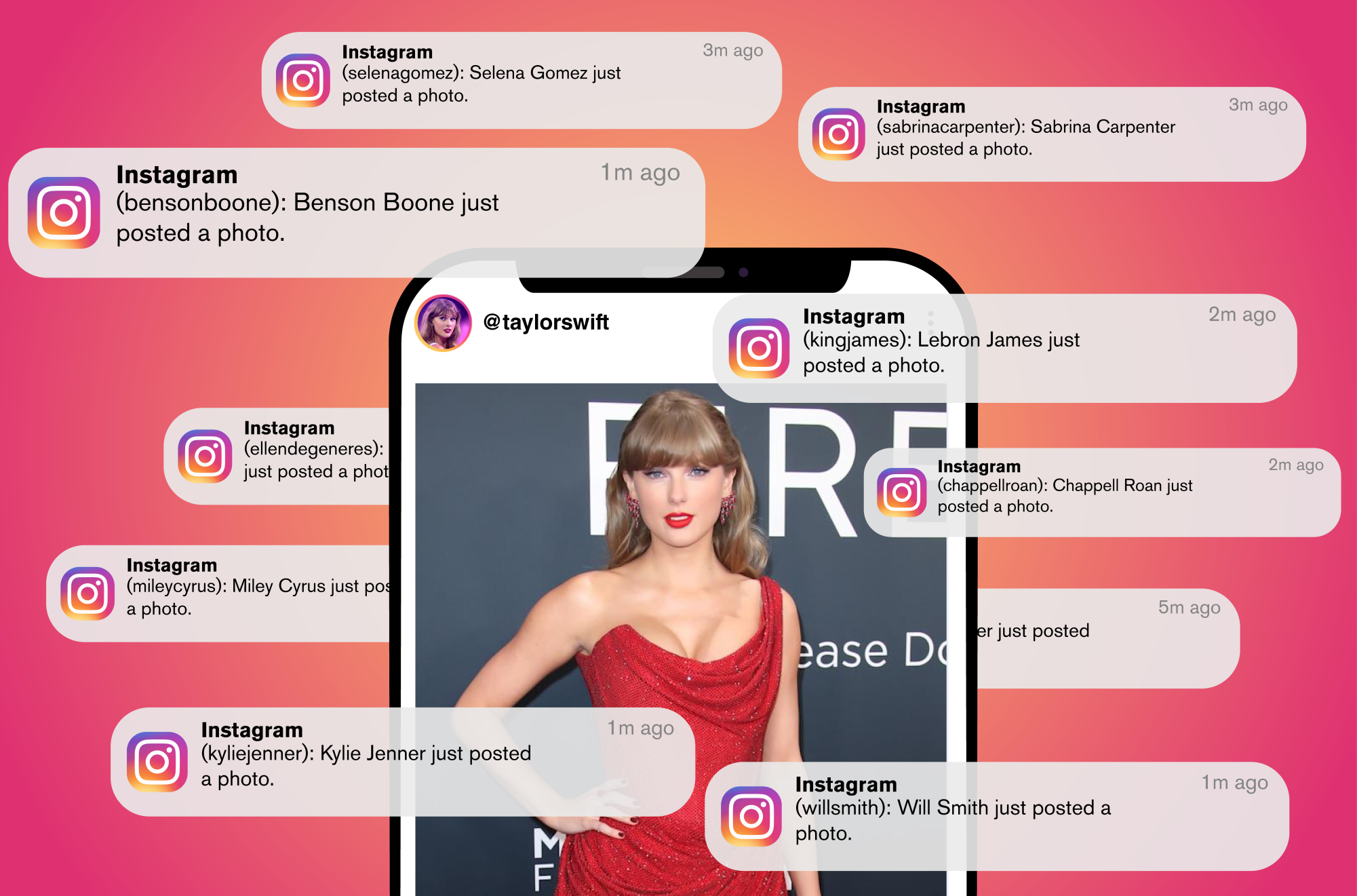
Opinion: Celebrities should craft quieter public presences to leave their fans wanting more
How did your country report this? Share your view in the comments.
Diverging Reports Breakdown
Opinion: Celebrities should craft quieter public presences to leave their fans wanting more
The topic of celebrity overexposure has become a main conversation amongst fans. It’s easy for a celebrity to tarnish their career through one too many interviews or TikTok posts. I find the most likeable celebrities to be the ones who stay out of the limelight and have a low-key image in between projects. It seems that stars, especially older ones, are trying to stay relevant.. When a celebrity like Zendaya makes themselves unavailable and harder to reach, their likeability meter rises.. After a year-long press tour and award season for his film “Elvis,” actor Austin Butler kept a low profile until the promotion of his next project. He goes months on end without posting to Instagram, making his online presence chill and almost non-existent.
Over the last few years, the topic of celebrity overexposure has become a main conversation amongst fans. It’s easy for a celebrity to tarnish their career through one too many interviews or TikTok posts.
I find the most likeable celebrities to be the ones who stay out of the limelight and have a low-key image in between projects. This is a small number. It seems that stars, especially older ones, are trying to stay relevant. These days there’s a fine line between relevance and overexposure.
Just last summer, actress Blake Lively, best known for her role as Serena van der Woodsen on the teen drama series “Gossip Girl,” found herself facing major backlash while promoting her newest project, Colleen Hoover’s movie adaptation of “It Ends With Us.”
During her press tour, she was busy promoting her hair care line to the audience instead of shedding light on the movie’s very sensitive theme, domestic violence, contrary to her other co-stars. It was during this press tour that her feud with “It Ends With Us” co-star Justin Baldoni began.
This led to old interviews resurfacing that showcased Lively’s odd behavior and months of unfavorable videos circulating.
Instead of stepping away from the “It Ends With Us” press tour and going on a brief Instagram hiatus, the constant press continued. Some of Lively’s fans remained loyal, but some grew tired of the situation, resulting in the loss of 1.2 million Instagram followers.
In a recent interview with New York Magazine, actor Michael B. Jordan shared a little piece of advice film icon Denzel Washington gave him about avoiding overexposure.
Washington asked Jordan, “Why would they pay to see you on a weekend if they see you all week?”
Definitely some wise words to live by. There’s no mystery anymore, just TMI and oversaturated images of most celebrities.
Someone who has mastered the low-key celebrity blueprint is Zendaya. Known for serving looks on the red carpet and silver screen, she values her privacy and time away from the cameras. I respect it – always have, always will. When a celebrity like Zendaya makes themselves unavailable and harder to reach, their likeability meter rises.
Take actor Austin Butler for example. After a year-long press tour and award season for his film “Elvis,” Butler kept a low profile until the promotion of his next project. Butler goes months on end without posting to Instagram, making his online presence chill and almost non-existent.
It’s always exciting to see a celebrity at an event or promoting their next big thing when you haven’t seen them since their last press tour. But when they’ve been living in the headlines for months on end, it gets old.
Celebrity status or not, we should all take a page out of Zendaya and Butler’s playbook. I made the decision sometime during my sophomore year of college to put my Instagram and TikTok on private, limiting the access people had to me while taking frequent breaks from social media. This past year was my first time having large gaps of time between posts.
As I get older, I understand that privacy is power, and you have control of how much access you give people on and offline.
